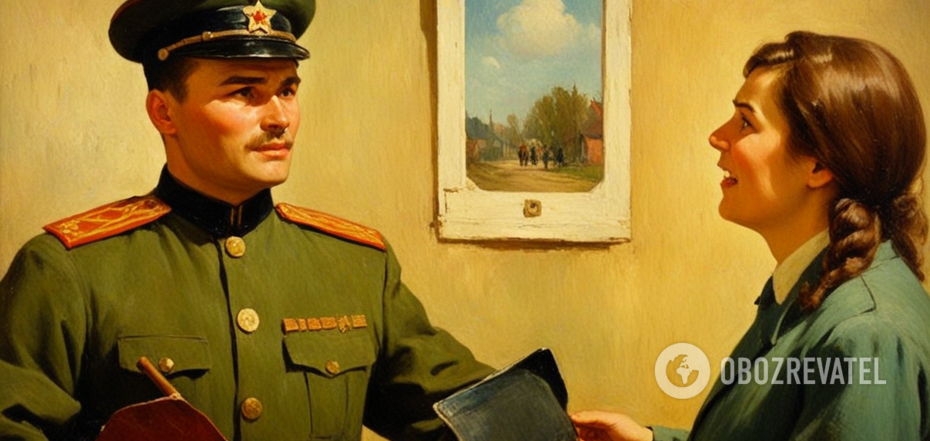Lifestyle
Why denunciations were written in the USSR: the truth about "friendly" neighbors and more
Looking at modern Russia, one is uncomfortable with how willingly citizens there complain about each other to the authorities. They report not only actions but also thoughts and words. But, knowing how widespread the culture of denunciation was in the USSR, of which Russia claims to be the heir, it is not surprising.
"Novaya Gazeta. Europe" has described the main reasons and practices of denunciation that were widespread in the Soviet era. And also about how people ruined each other's lives with its help.
In this way, informers in the USSR could safely remain anonymous, writing complaints not on their own behalf, but on behalf of the "concerned public." This format was personally encouraged by Joseph Stalin, who himself did not shy away from it in the intra-party struggle. Denunciations were called a manifestation of concern and vigilance on the part of the "little man" who wanted to contribute to the development of communism. However, writing denunciations did not save the denunciator from the fact that he or she could one day become a victim of this practice.
Even children were encouraged to write complaints. This is how the USSR tried to make a hero out of the pioneer Pavlik Morozov, who denounced his own father, who, as head of the village council, helped dekulakized peasants move to a place where no one knew them and find work for bribes. Later, Pavlo and his brother Fedir were found stabbed to death in the woods. The murder was blamed on the boys' grandfather, who allegedly took revenge on them for denouncing their father.
The nomenklatura poet Sergei Mikhalkov, the father of the Putinist filmmaker Nikita Mikhalkov, tried to glorify Morozov's dubious feat in his work. However, people were well aware of the lowliness of the teenager's act, and his name became not a symbol of the struggle for the cause of communism, but a synonym for a traitor.
However, Morozov's act was far from the only one, as denunciation of relatives in the USSR became widespread for a time. Representatives of individual families used to settle scores with each other or divide property in this way. However, it quickly became clear that such an act worked against the informant himself. Thus, an unwanted relative received a shameful status in society, up to and including being labeled an "enemy of the people," but this stigma also extended to his family. This fact, as well as the absolute immorality of informing on relatives, quickly made this practice unpopular. Moreover, it was always possible to curry favor by complaining about someone not too close to you.
For example, a neighbor. Thus, a complaint about wrong words and actions could free up additional space in a cramped communal apartment, allowing you to take possession of someone else's property. And at work, it was a way to make a career by getting rid of a strong competitor. That is why denunciation was so widespread at the grassroots level- in teams where people talked to each other a lot, it was easy to catch on to some words and present a colleague or neighbor as an enemy of the party.
Moreover, in the USSR, there was a practice of punishment for concealing the facts of "anti-Soviet activity"– one could go to prison for up to six months, or be expelled from the Komsomol or the party. Instead, they tried to present writing denunciations as a moral duty of a Soviet citizen.
However, accusing oneself of having wrong views could result in a lighter sentence. That is why some citizens preferred to write a denunciation against themselves rather than to be on the pages of someone else's complaint.
Subscribe to OBOZ.UA's Telegram and Viber channels to keep up with the latest developments.



























